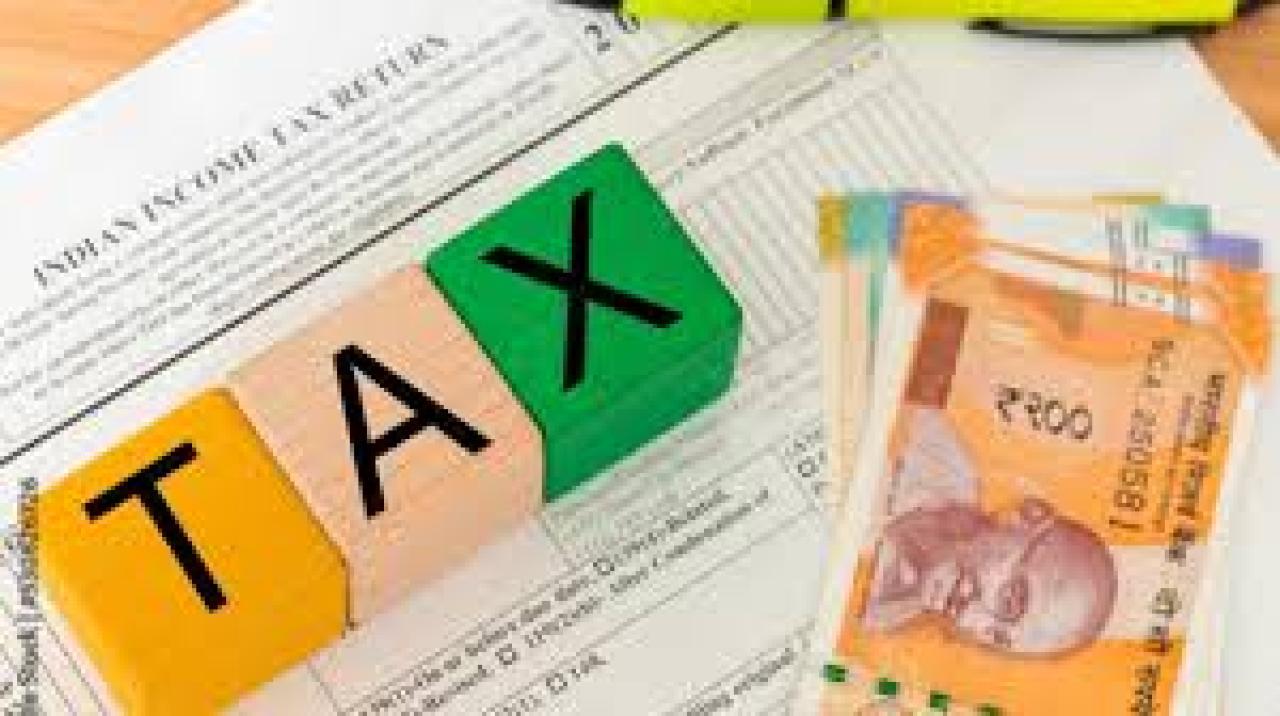Indian tax payers migrating to higher range of total gross income: SBI report

The income tax returns filed by individual taxpayers in India earning between Rs 5 lakh and Rs 10 lakh climbed by 295 per cent in the assessment years 2013-14 and 2021-22, showing a positive trend of migration to a higher range of gross total income, according to a report by SBI Research.
The Economic Research Department of the State Bank of India has published a report on income inequality, taxpayers` data, MSMEs and changing consumption patterns in rural economies.
The number of ITRs filed by people earning between Rs 10 lakh and Rs 25 lakh has increased by 291 per cent, the report said. Total number of persons filing Income tax increased to 74 million in the assessment year 2022-23 from 70 million in 2021-22.
“There is a palpable change in income pattern of MSMEs too, reflecting the changing contours of industry/services as formalization drive brings more entities into the net,” the report read.
Around 19.5 per cent of major micro-sized firms have been able to shift their income upwards, to classify them into small, medium and large-sized firms.
Out of these, 4.8 per cent of firms have transitioned themselves into small firms, around 6.1 per cent of firms transitioned into medium-sized firms, and around 9.3 per cent of firms have transitioned into large-sized firms.
“This clearly indicates MSME units are getting bigger and getting integrated into larger value chains with initiatives like PLI (production-linked incentive).”
The study also showed that female tax filers are around 15 per cent of the individual tax filers with certain states such as Kerala, Tamil Nadu, Punjab and West Bengal having a higher share of female tax filers.
States such as Maharashtra, Gujarat, Delhi, and Karnataka, which have been traditional leaders in income tax base are nearing saturation and their share in the overall tax base is decreasing continuously, it said.
According to the report, Uttar Pradesh is the leader in increasing its share in the income tax base, followed by Andhra Pradesh, Rajasthan, Punjab, Madhya Pradesh, and Haryana.
Further, based on the current trends, SBI Research believes that by the end of the next decade 50 per cent of consumption or an additional Rs 16 trillion would be done by 90 per cent of the people who are at the bottom of the pyramid.
Meanwhile, an additional Rs 8.2 trillion of consumption has already moved to the lower end of the pyramid post-pandemic following saving of expenditure through free food, shelter and medical being provided by the government.
Touching upon claims made by many about income distress, SBI Research cited a case study about food services aggregator Zomato.
Zomato has a market share of more than 50 per cent in the Indian food delivery market (it caters to more than 750 cities currently) and hence a perfect example of a case study to refute the claim that people are facing distress, the report noted. As per Zomato, it is serving almost 1.4 crore active users in Metro, Urban and Semi-Urban areas.
This story has been sourced from a third party syndicated feed, agencies. Mid-day accepts no responsibility or liability for its dependability, trustworthiness, reliability and data of the text. Mid-day management/mid-day.com reserves the sole right to alter, delete or remove (without notice) the content in its absolute discretion for any reason whatsoever.

Atul Tiwari is a seasoned journalist at Mumbai Times, specializing in city news, culture, and human-interest stories. With a knack for uncovering compelling narratives, Atul brings Mumbai’s vibrant spirit to life through his writing.





